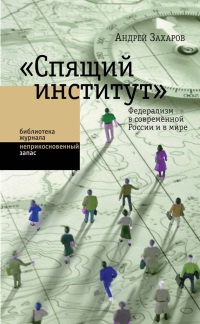Книга Гендер и политика времени. Феминистская теория и современные дискуссии - Валери Брайсон
На нашем литературном портале можно бесплатно читать книгу Гендер и политика времени. Феминистская теория и современные дискуссии - Валери Брайсон полная версия. Жанр: Книги / Политика. Онлайн библиотека дает возможность прочитать весь текст произведения на мобильном телефоне или десктопе даже без регистрации и СМС подтверждения на нашем сайте онлайн книг knizki.com.
Шрифт:
-
+
Интервал:
-
+
Закладка:
Сделать
Перейти на страницу:
Перейти на страницу:
Внимание!
Сайт сохраняет куки вашего браузера. Вы сможете в любой момент сделать закладку и продолжить прочтение книги «Гендер и политика времени. Феминистская теория и современные дискуссии - Валери Брайсон», после закрытия браузера.
Книги схожие с книгой «Гендер и политика времени. Феминистская теория и современные дискуссии - Валери Брайсон» от автора - Валери Брайсон:
Комментарии и отзывы (0) к книге "Гендер и политика времени. Феминистская теория и современные дискуссии - Валери Брайсон"
























